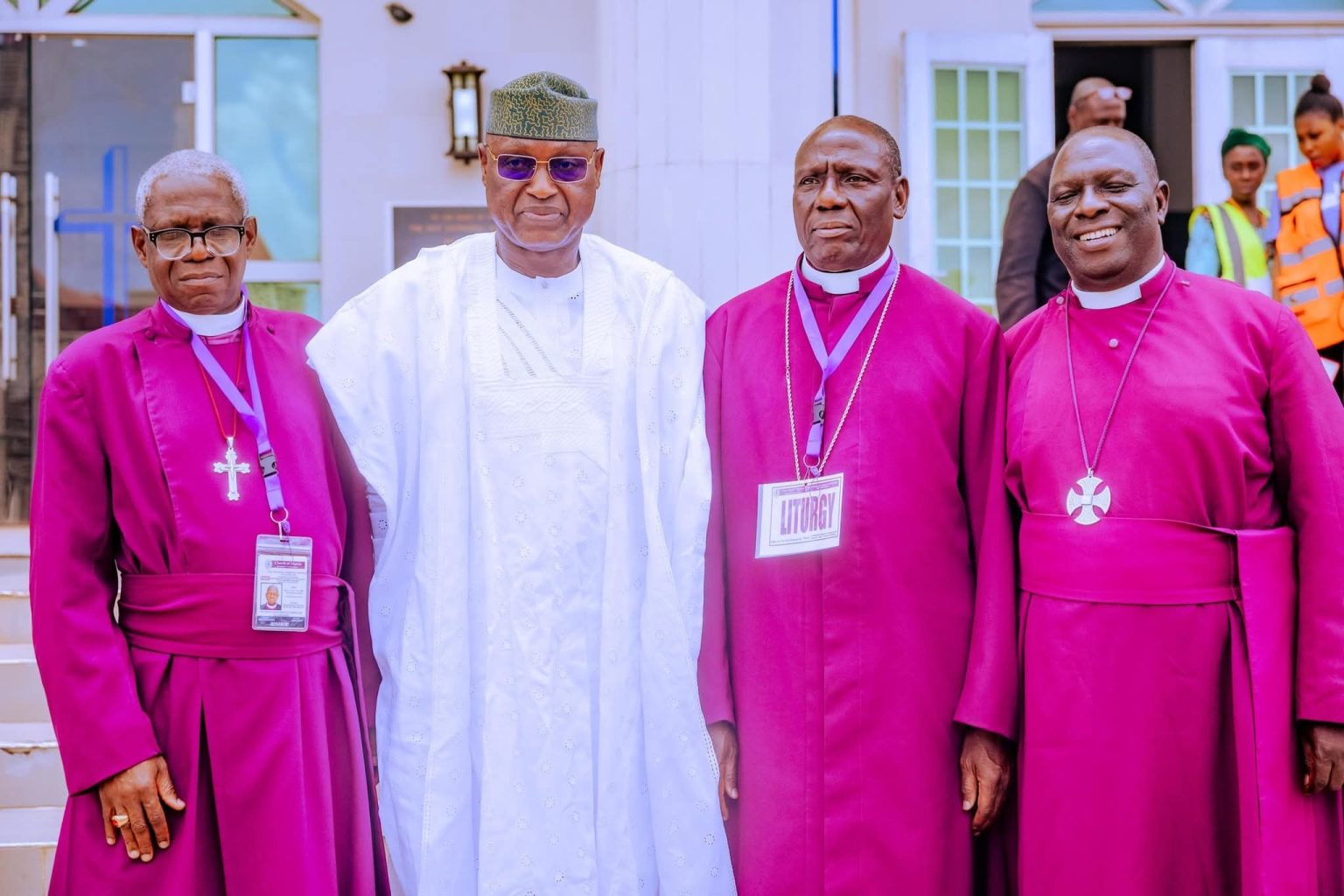Governor Biodun Oyebanji of Ekiti State has announced that his administration has allocated over ₦200 billion for road construction projects, covering a total of 350 kilometers across the state.
The governor made the disclosure on Wednesday at a meeting of the Standing Committee of the Church of Nigeria (Anglican Communion) in Ado-Ekiti, where he addressed bishops and other church leaders.
The governor stated that these projects are part of his government’s focus on improving road infrastructure to boost socioeconomic development.
READ ALSO: Oyebanji warns Ekiti LG chairmen against financial mismanagement
He specified that over ₦150 billion has already been disbursed to contractors, with 126 kilometers of roads already completed, and the remaining projects at various stages of completion.
In addition to infrastructure, Oyebanji also detailed his administration’s commitment to the welfare of workers and retirees.
He said that since he took office, over ₦118 billion has been spent on paying gratuities, pensions, leave bonuses, and other benefits to both state and local government retirees.
The governor noted that the state spends an average of ₦5 billion per month on salaries and pensions.
Speaking to the clergy, Oyebanji described the Anglican Church as a vital partner in the state’s development, recognizing its significant contributions to social, educational, and healthcare services.
He encouraged political leaders to view their roles as a form of divine service aimed at improving the lives of citizens.
The governor also highlighted other achievements of his administration, including the employment of over 5,000 youths, renovation of 177 health facilities, and the engagement of over 5,000 youths in agriculture.
READ ALSO: Ekiti APC governorship race: Ojo accuses Oyebanji of intimidation
However, the Primate of the Church of Nigeria, the Most Reverend Henry Ndukuba, commended Oyebanji’s development efforts.
He also urged the Federal Government to address pressing national issues such as hunger, poverty, and insecurity, recommending a review of trade policies and increased local refining capacity to alleviate the suffering of the common man.



